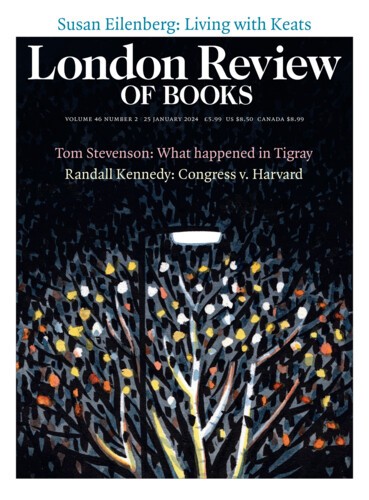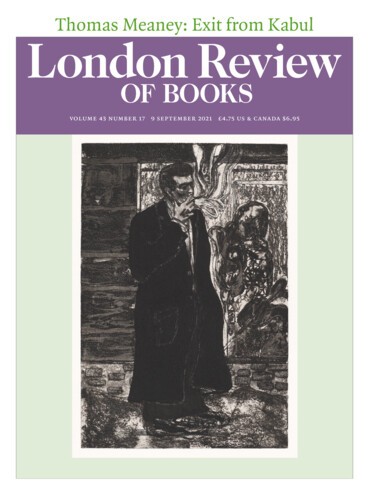Emvowelled: Muddy Texts
Thomas Keymer, 25 January 2024
Cut out the right bits (that scene where Gulliver extinguishes a palace fire in Lilliput by urinating on the roof) and Gulliver’s Travels is the perfect children’s book, a supremely accessible work of imagination. But what does it actually mean? Swift thought (or affected to think) its subtextual implications so dangerous that he dealt only pseudonymously with his publisher,...





